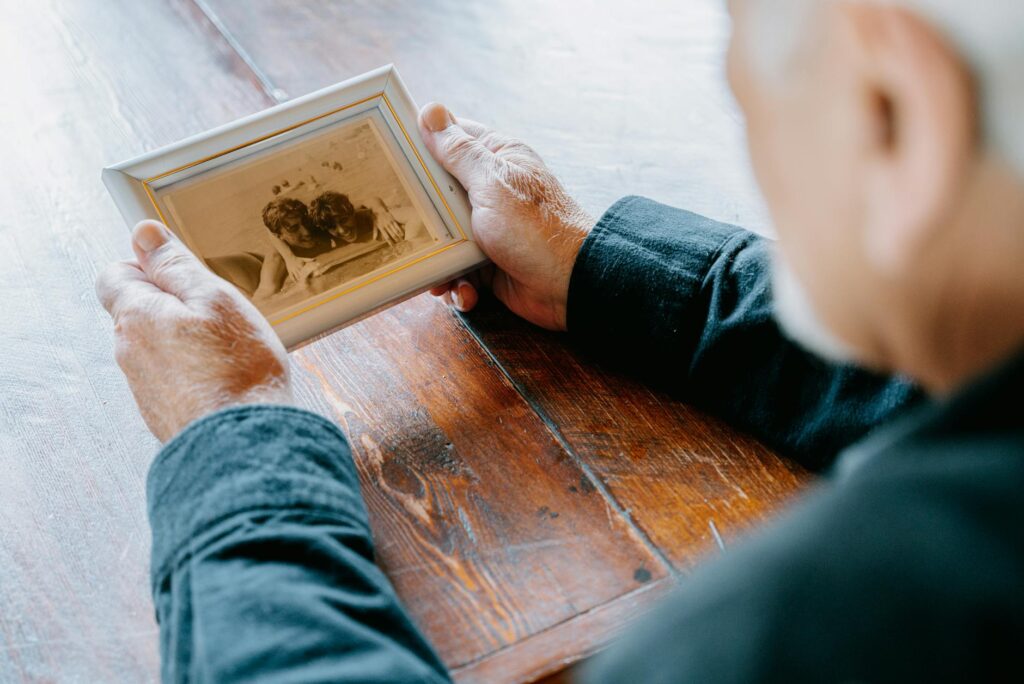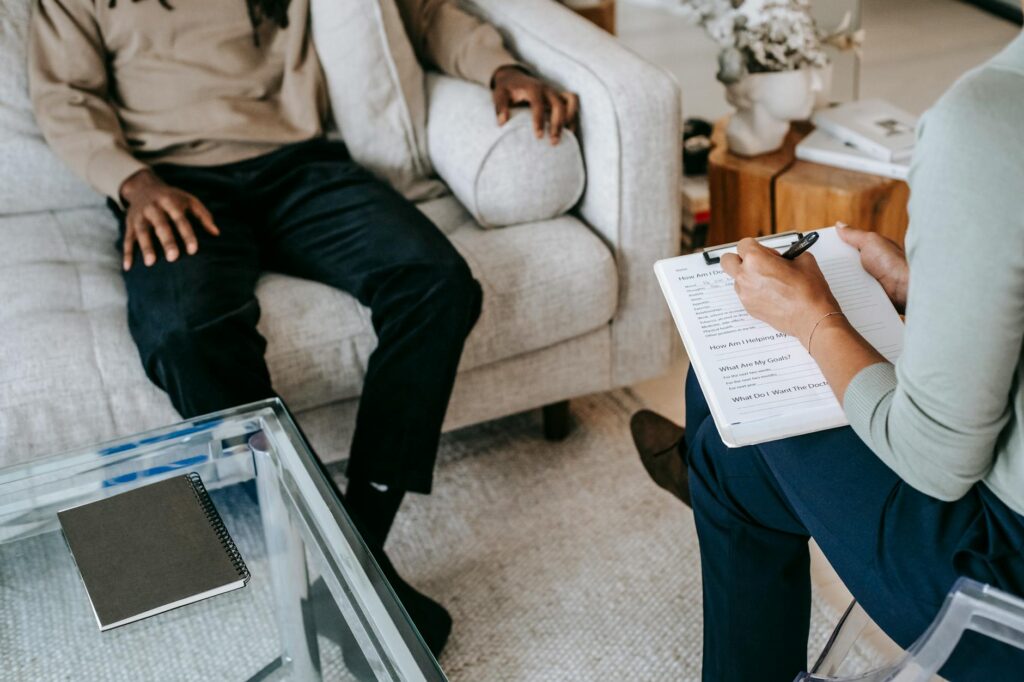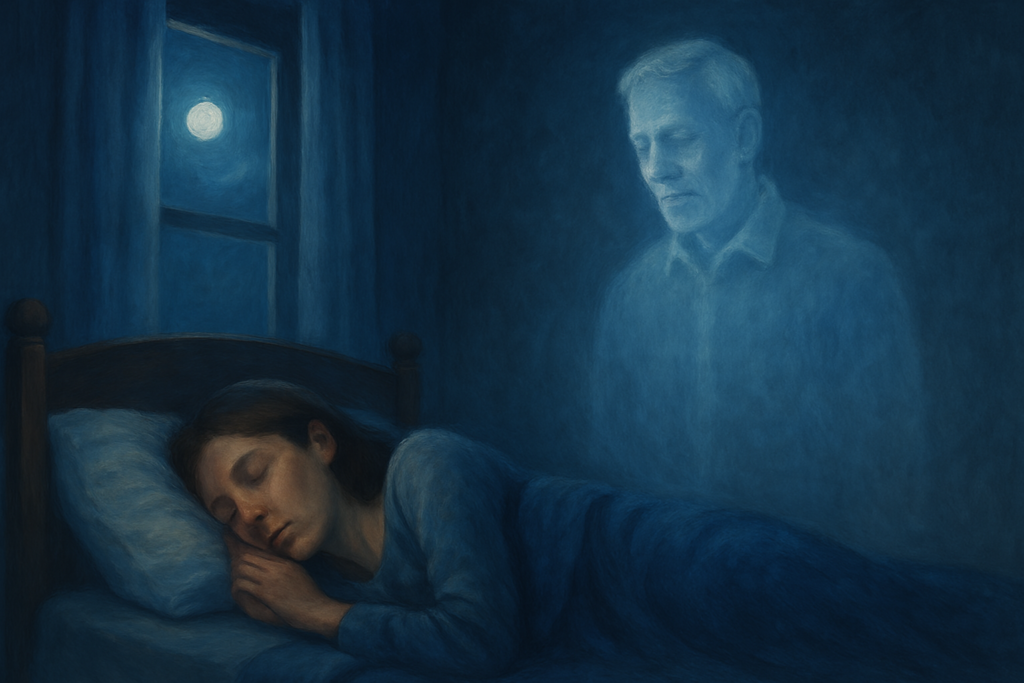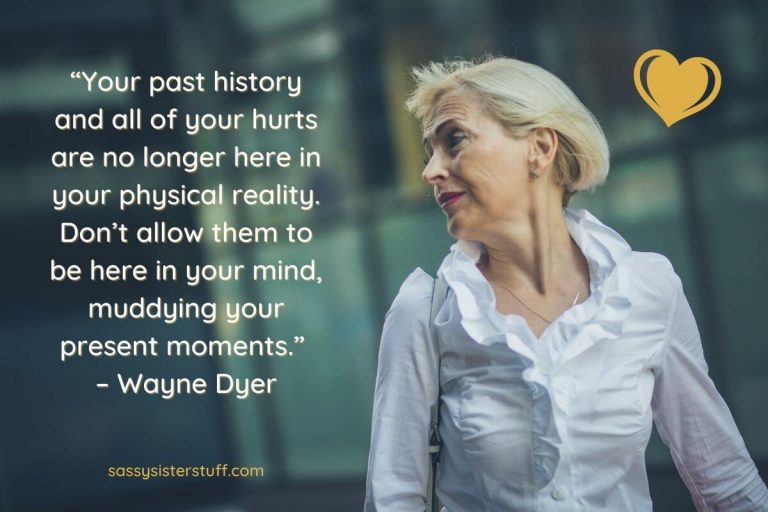15 Things No One Tells You About Grieving in Your 60s
Grieving in your 60s can be a unique experience, shaped by a lifetime of memories and relationships. While loss is something everyone faces, the way it impacts you at this stage of life often comes with surprising feelings and challenges. Understanding what to expect can help you navigate this complex journey with a bit more clarity and support.
You might find that the emotions associated with grief are more intense, or they might linger longer than you anticipated. The reflection on your life and the connections you’ve built can also bring up unexpected emotions and realizations. Being aware of these aspects can empower you to cope with your grief more effectively.
Grief can feel physically exhausting.

Grief doesn’t just hit you in the heart; it can drain you physically, too. You might find yourself feeling more tired than usual, as the emotional burden takes a toll.
You may notice aches and pains, especially in your neck, back, or jaw. This is a common response as your body reacts to stress and loss.
It’s important to listen to your body. Rest when you need to, and don’t hesitate to seek help or talk to someone about what you’re feeling.
Expect Unexpected Waves of Sadness

Grief doesn’t follow a set timeline. Even years after a loss, reminders can hit you out of nowhere.
You might see a photo or hear a song that suddenly takes you back. Those moments can bring on strong feelings of sadness.
It’s normal to experience these waves, and they can be intense. Allow yourself to feel them without judgment.
Talking about it with someone who understands can help. It’s part of navigating your grief journey.
Grieving doesn’t have a timeline.

Grief isn’t a race. There’s no specific schedule you need to follow.
You may find that emotions hit you unexpectedly, even years later. Certain triggers, like a song or a place, can bring back waves of sadness.
It’s common to feel pressure from others to move on. Just remember that healing is personal, and it unfolds at your own pace.
Allow yourself the time to grieve, no matter how long it takes. Embrace your feelings without judgment.
You might feel disconnected from friends.

Going through grief can create a gap between you and your friends. They might not know how to support you, leading to awkwardness in conversations.
You may find that some friends distance themselves, often out of discomfort. It’s not uncommon for people to feel unsure about what to say or do when someone is grieving.
This can leave you feeling isolated, even if you’re surrounded by people. Remember, it’s okay to reach out and share what you need.
Grief can change your self-identity.

Grief can profoundly affect how you see yourself. When you lose someone close, your role in life may shift dramatically.
You might feel as if a piece of you is missing, which can lead to questioning who you are without that person.
Your hobbies, interests, and routines might change as you navigate this new reality.
It’s common to feel lost or unsure of your purpose for a while.
This transformation is part of the process of healing, and it can eventually lead to a new understanding of yourself.
It’s okay to seek professional help.

Grief can feel overwhelming, and it’s perfectly fine to ask for help. Talking to a professional can provide you with support and coping strategies that you might not have considered.
Therapists or grief counselors understand the unique challenges of grieving in your 60s. They can guide you through your feelings and help you process your experiences.
You don’t have to go through this alone. Seeking help shows strength and a desire to heal. Remember, it’s a step toward finding peace and understanding.
Memories can bring both joy and pain.

When you think back on your loved one, memories can flood in. Some moments make you smile, while others can bring tears.
You might remember a funny story or a cherished family gathering. Those glimpses of happiness can feel warm and comforting.
At the same time, remembering can also remind you of your loss. It’s a mixed bag, really—you’re grateful for the good times but deeply aware of the absence.
Embracing these feelings can be part of the healing process. Let yourself feel both joy and sadness; it’s all part of the journey.
You May Discover New Life Goals

Grieving can shift your perspective. As you process loss, you might feel a pull toward new aspirations.
This could be the perfect time to explore hobbies you’ve set aside or interests you’ve always wanted to pursue.
Whether it’s traveling, learning a new skill, or volunteering, grief can spark a desire for meaningful experiences.
You may find clarity about what really matters to you now. Embrace this chance to redefine your goals in ways that honor the life you’ve lost.
The death of a parent can hit midlife hard.

Losing a parent in your 60s is a tough pill to swallow. This loss can shake your sense of self and make you rethink your life path.
You might find yourself feeling like a kid again, grappling with emotions that are difficult to articulate. It’s normal to feel lost during this time.
A parent’s death can also prompt a reevaluation of your own goals. You may feel the urge to make the most of the time you have left.
Grief doesn’t follow a set timeline. The journey can be unpredictable, sometimes harder as you navigate the second year.
Social expectations may be misplaced.

Grieving in your 60s can feel different. People might assume you’ll handle it better because of your age, but everyone’s journey is unique.
You might find that friends expect you to move on quickly. This can add pressure when you’re still processing your feelings.
Sometimes, society overlooks the depth of your loss. Instead of sympathy, you might get silence, making you feel isolated.
You deserve space and time to grieve at your own pace, regardless of what others think.
Grief is deeply personal and unique

Grief is not one-size-fits-all. Everyone experiences it differently, especially as you navigate your 60s. What may comfort one person might not work for you.
You might find yourself feeling emotions that catch you off guard. That’s completely normal. Embrace your feelings, whatever they may be; there’s no right or wrong way to grieve.
Remember, your relationships and experiences shape how you process loss. The journey is yours alone, and it’s okay to take your time.
It’s normal to feel guilty about moving on.

Feeling guilty about moving on after a loss is common. You might think that moving forward means leaving your loved one behind.
It’s important to remember that your loved one would likely want you to find joy and peace again. Guilt can weigh heavily as you navigate your new reality, especially if you start to forget small things.
Embrace the idea that healing doesn’t erase memories. Instead, it honors them by allowing you to live fully. Recognize that your feelings are valid, and take it one step at a time.
You might have dreams about the deceased.

After losing someone, it’s common for you to experience dreams about them. These dreams can feel very real and might bring comfort or confusion.
Many believe these dreams represent a connection to your loved one. They can be a way for your mind to process grief and emotions.
Some people consider these visits to be a form of communication. It’s a personal experience, and you may find these dreams to be an important part of your healing journey.
The Loss Can Prompt Spiritual Exploration

Experiencing loss in your 60s can open the door to deep spiritual exploration. You might find yourself questioning your beliefs or seeking deeper meaning in life.
This can lead you to engage with spirituality in new ways. Whether it’s reading, meditation, or connecting with a community, these practices can provide comfort and insight.
Many find that reflecting on their beliefs helps process grief. Embracing this journey can foster a sense of connection and peace as you navigate your feelings.
People might minimize your loss.

You may find that others don’t fully understand your pain. Sometimes, they might dismiss your feelings as something that shouldn’t be grieved.
This can be especially true if the loss isn’t the death of a close family member.
Losses like jobs, pets, or friendships can be hard too, but some folks just don’t get it.
Their comments might make you feel isolated, but remember, your grief is valid. You deserve to feel what you feel without judgment.
Related: 15 Clever Hacks To Reduce That Never-Ending Grocery Bill

Managing grocery expenses can be challenging for many households, especially with rising food costs and fluctuating budgets.
However, with some creativity and resourcefulness, you can implement numerous clever hacks to reduce your never-ending grocery bill without sacrificing the quality or variety of your meals.







